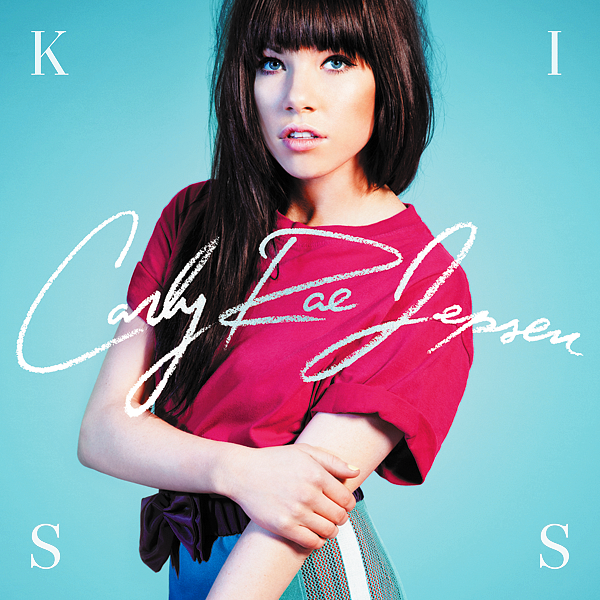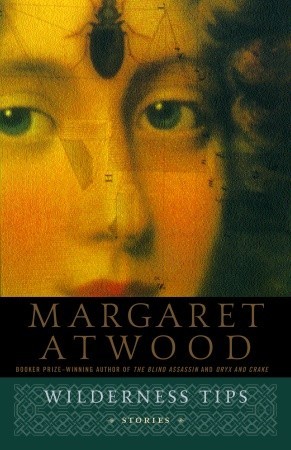
There is no reason for anyone to love the way they’ve been raised in suburbia. It may not be dangerous, but that is not enough to make living there worthwhile. Suburbia is a world without values, where nothing is allowed to be good and worth devoting to. Some things are considered bad and off-limits – like drugs. Anything else though is ‘just a hobby’. No wonder this safe lifestyle doesn’t stop people from killing themselves – why live such a life, anyway?
No wonder, then, that suburbia has its share of ‘rebels’ who take symbols that seem to contradict suburbia. Then again, any person who finds something valueable is rebelling against suburbia – that’s why both the happy-go-lucky raver and the skull-laden metalhead are considered rebels of this landscape. Even the truly religious and the intellectual can be rebels in this world. Such passionate people will challenge the status quo since they will value something other than the suburban lifestyle.
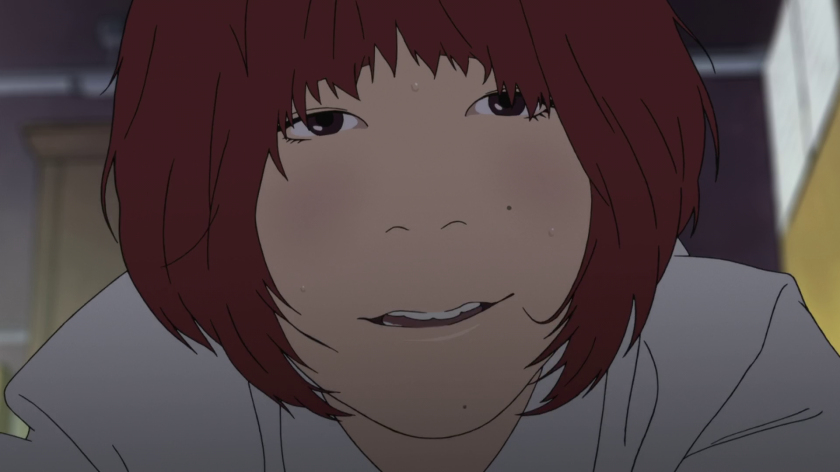
Notice the problem, though. Notice what’s the requirements for a true rebellion against suburbia – having values. Aku no Hana is the pseudo-rebel, the person who hates suburbia so much with all its emptiness yet cannot find anything of value to replace it with. It wrecks destruction, says naughty words and perhaps will pay lip-service to sexuality but in the end it has nothing to say. In the end, it is too weak to admit it’s exactly like the suburbia it hates and this lack of self-awareness is its destruction.
The anime fails in the same way the main character, Nakamura, fails. Nakamura hates the boring life she leads. I hate that way of life, too. Yet just because she claims she’s going ‘beyond the hill’, that she will tear down Kasuga’s walls to find something there doesn’t mean she actually will. It doesn’t mean her actions are directed at this venture. Actually, her actions are more like that of a sexual abuser rather than a tough life couch.
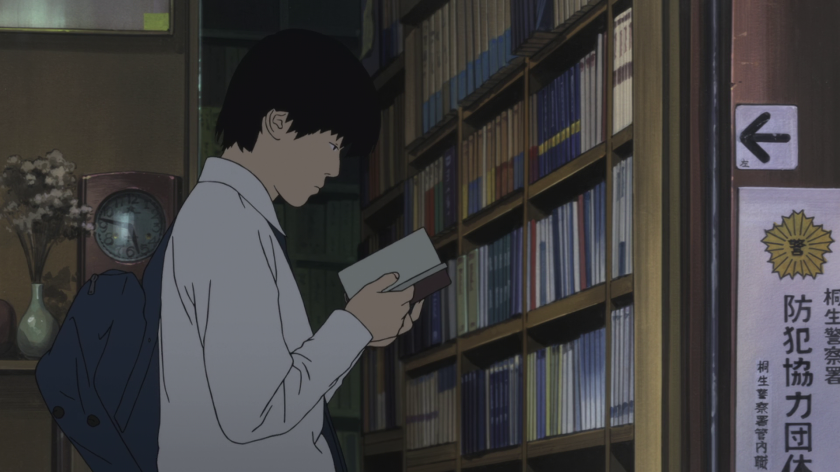
Imagine if a man stripped a female of clothing, forced her to wear something and said this will somehow psychologically heal her and make her stronger, bring out the ‘real her’ or something equally fancy. Few of us would take it seriously. The moment the man will use force is the moment we will find him villainous, no matter how many rebellious slogans come out of his mouth. So why is it okay when a female does it?
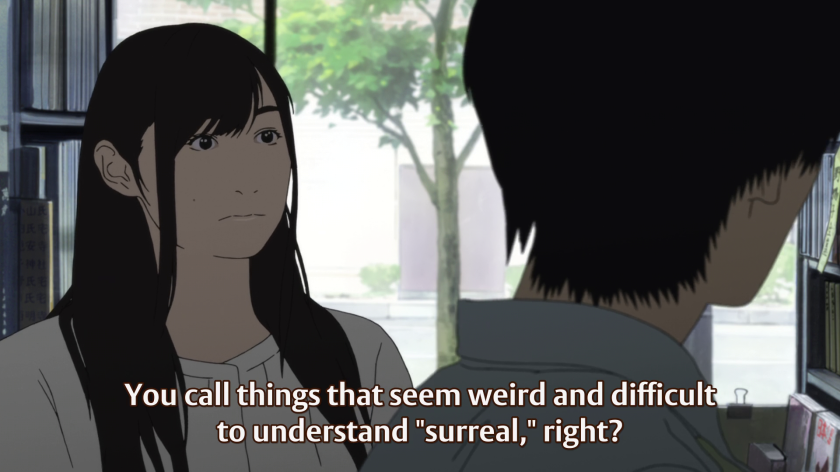
It’s an anime so engrossed in being different, so immersed in wanting to be unique that it doesn’t even try. It goes beyond the art style, which is ugly but not too hard to get used to. The backgrounds are fantastic. They go beyond the emptiness of suburbia, giving everything a rusty look of falling down and crumbling. We see something else besides boredom, that suburbia equals malaise and its lack of values is actually that depressing. As for the character design, it’s merely failed realism. None of them actually look like real people but more like distorted photographs. For a while it’s amusing, but not too much.
At first it starts off interesting with a view into the darkness and weirdness of random people. Quickly, though, it is obvious we’re supposed to side with Nakamura, view her as a tragic person lost in a world of dull people who just cannot realize how special she is. Too bad the creators missed that if anyone actually paid attention to her, they’d realize she should be in jail. No one cares how special you are when you abuse people. Look what happened to Watkins.
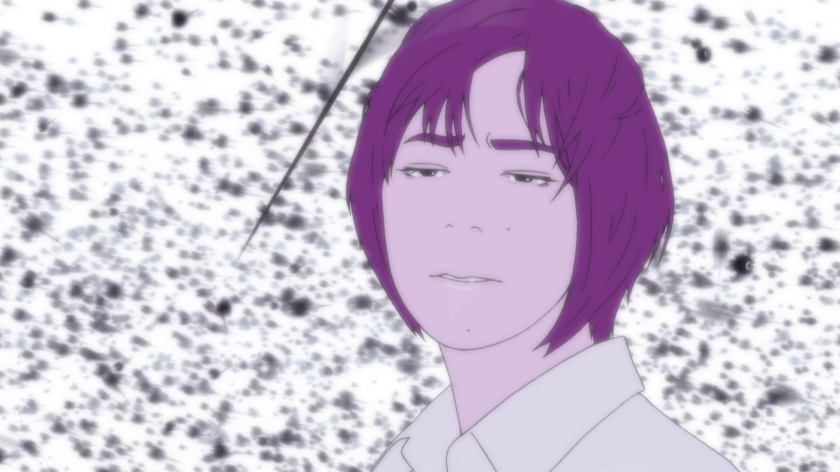
True horror is realizing that something that’s horrible is also real, and perhaps more common than we think. Don’t be a pig and act like your mud is special. Show the viewers that what they consider deviant is actually normal. Horrify them with that. Instead, we see a small act of stupidity and teenage horniness being shoved in our faces like the creators just discovered the true darkness that lays at humanity’s heart.
If only they had enough empathy to realize that the true horror is realizing that all our rebelliousness is worth nothing if we’re cruel, that we’re excellent at swallowing our own Kool-Aid as we hide from how we hurt others. From the middle onwards, the series becomes nothing but a carnival of vomit. We see people being mean to each other, some preaching about the nastiness of suburbia and pushing someone to do things they don’t want because you and your rebellious self know what’s best for them. Hating suburbia is a good thing, but it’s the first step. This anime barely takes in, and merely wallows in the pre-packaged cliches of rebellion – like anti-capitalism music that you need to pay to hear.
1.5/5

